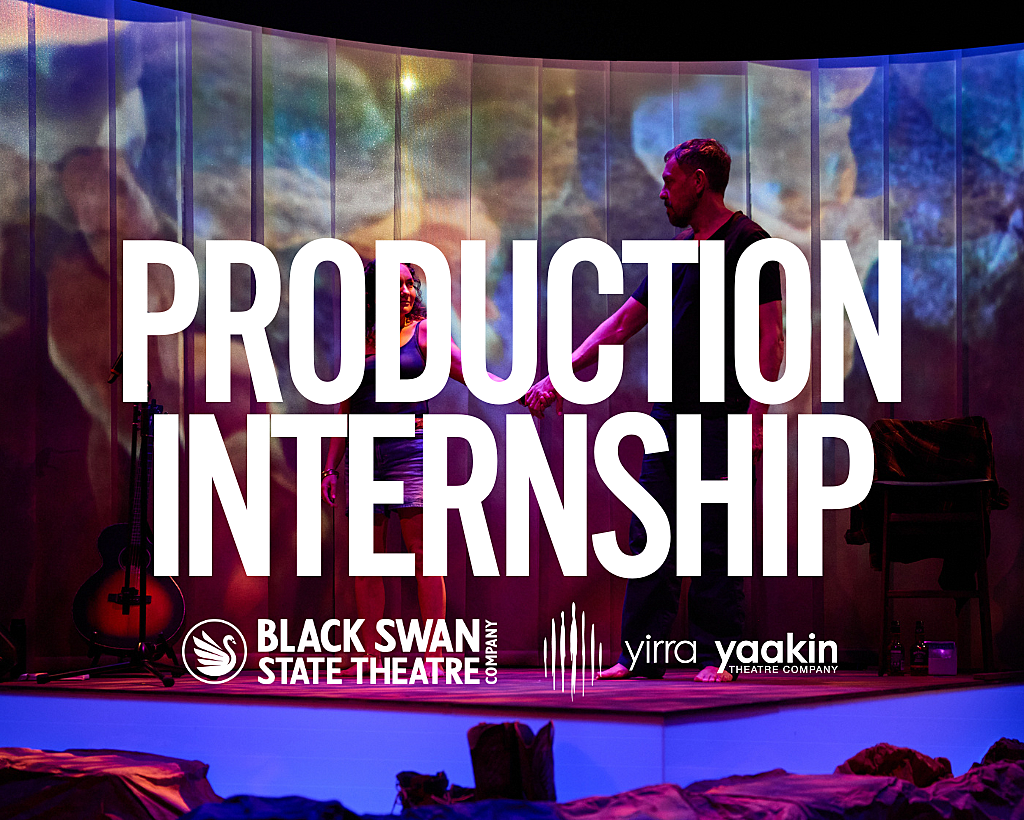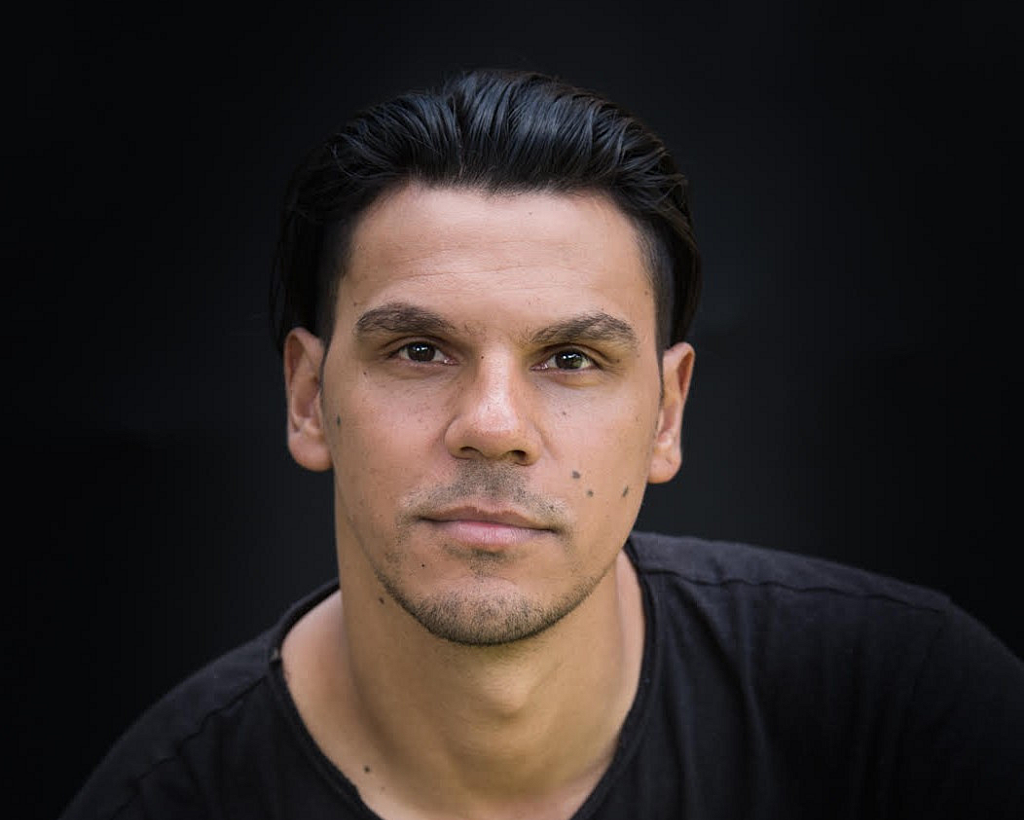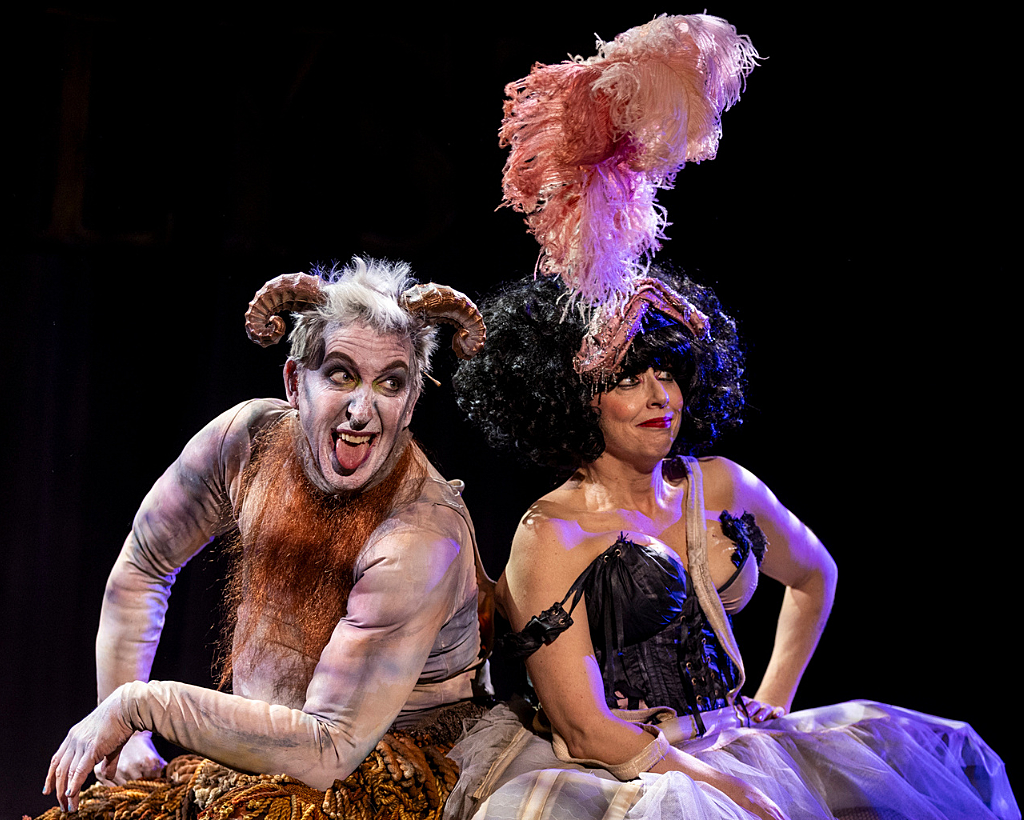Breaking the Silence with Ian Michael
The Bleeding Tree premiered at Sydney’s The Griffin Theatre in 2015. Since then, the play has been performed in several Australian cities including its Western Australian premiere at The Blue Room Theatre in 2021. Now the successful collaboration between Black Swan and The Blue Room Theatre will continue for its third year with the revival of Ian Michael’s production of Angus Cerini’s Helpmann Award-winning play, hitting the Studio Underground 29 April –14 May 2023.
How did you come to find this piece and what about it resonated with you?
I discovered The Bleeding Tree in 2016, after its season at Griffin Theatre Company and it’s one of those plays that leaves you with no choice but to keep coming back to it. With every read and rehearsal, my connection to the characters deepens. The first time I picked it up, I was instantly gripped by the power of Angus’ words, the imagery, rhythms in the text and its dark humour. I was drawn to these characters like they were my own sisters and mother. With every page, I could feel the story getting underneath my skin, feel it pumping in my blood and I cheered for them at the end.
When I closed it, it left me reflecting on my own childhood and the moments of violence aimed at the women in my life, particularly, my mother. These memories aren’t distant ones for me – as I know for certain they aren’t for her, and I’m consciously aware of this being an all too common experience for families in my community and for the women who hold them together.
I have had the idea of this revisioning floating around in my head since 2019 and it’s a play that for years I’ve pushed for other directors to do, one reason being I felt like I wasn’t ready to take it on or was a bit fearful of not doing it justice, but I was pushing because I know it’s a work that people all over need to see, not just because of the urgency of its themes but also because of the words and characters on the page – I full-heartedly believe it’s one of the best plays to ever come out of this country. And I’m glad now that the people who I pushed it on didn’t take it because I feel like this play was one that I needed to get out of me.
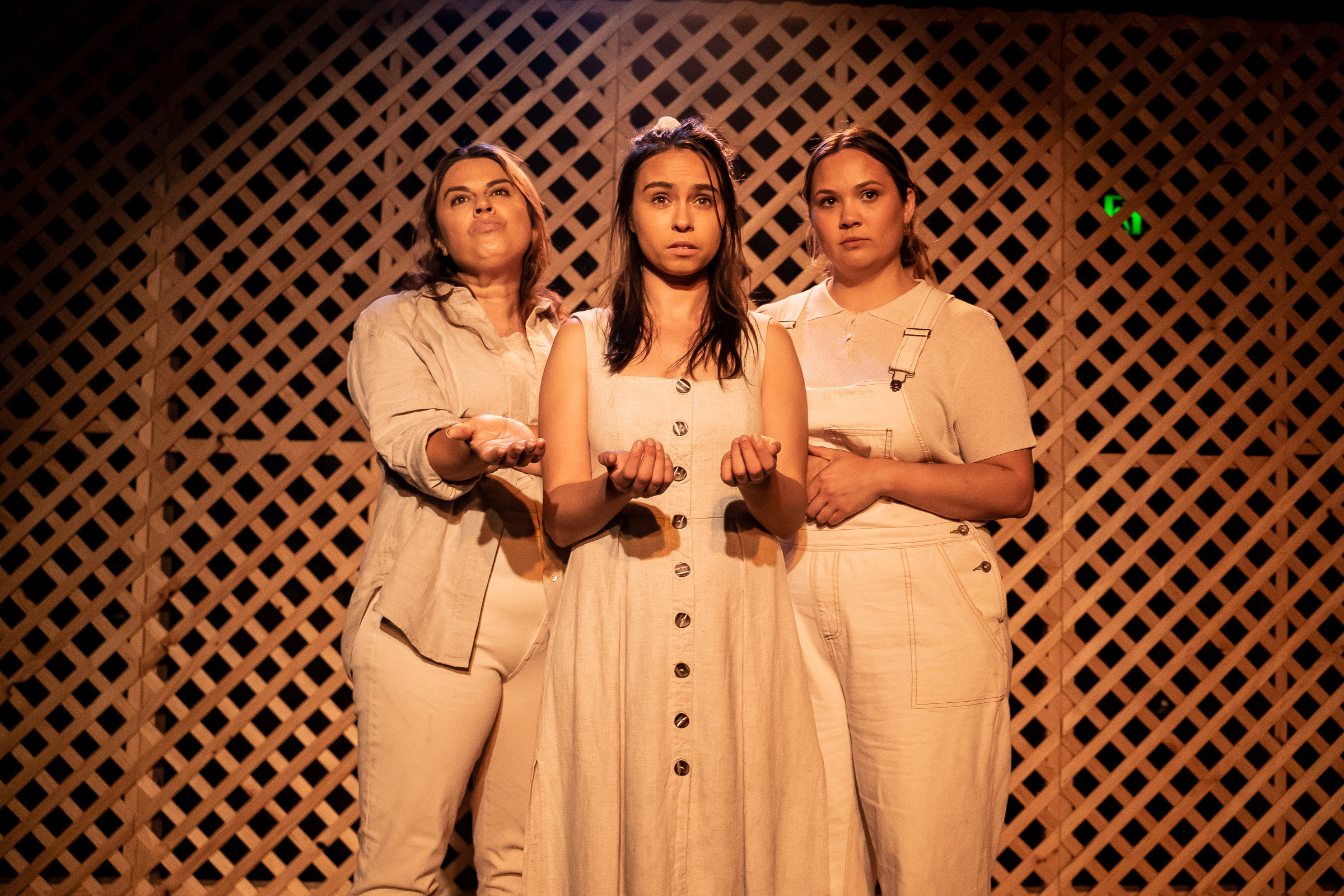
You’ve written a dedication for this piece:
“I dedicate telling this story to the women we’ve lost in massacres and genocide, the daughters who were stolen, the sisters, mothers, aunties, cousins and grandmothers we’ve had taken from us in custody, it is for the women who feel they can’t escape their homes, and are trapped in prisons.”
Writing a dedication like this is a unique choice and sets the tone for the audience for what they’re about to see. What led you to write it?
I’m always very conscious that the work I make acknowledges the truth and history of place, even if that’s dark truths and trauma. It’s a dedication to all of the women lost in colonial conflict and violence but also the women we’ve lost because of the trauma of this country and the racist systems that took children away, who lock up our women in prisons for parking fines, who have had their lives taken from them and us in custody, the women unable to feel like they can seek help when they need it, the women that are silenced because they don’t have access to support, it’s for the women who are missing and don’t get the breaking news headlines, it’s for the women whose screams are heard and nothing is done to help.
They are the women in The Bleeding Tree, they are the women in our community.
You have cast this show entirely with First Nations performers which has never been done before with this production. What is the significance behind this casting decision?
The significance of this casting speaks directly to the statistics of violence against women being skewed towards First Nations women in this country. Women who throughout the history of this country have experienced horrific violence and trauma in defence of land and culture, and who are now forty-five times more likely to experience violence against them than white women and make-up thirty-four percent of the prison population and almost every one of those women has experienced violence of some kind.
I wanted Karla, Stephanie and Ebony, who are all incredible performers, to have the opportunity to play characters like the ones Angus has put on the page, they are all full, powerful and challenging roles that are an actor’s dream to play. It is an opportunity for First Nations performers and creatives to claim space and tell stories that might not usually include us, as our theatre stages don’t usually reflect our community and the streets we live in.
What role do you see the audience taking on through this piece?
The world and words that Angus Cerini has created make it impossible to turn a blind eye to these characters, it sucks you in, it challenges you, the audience is taken on a journey from a bystander, to active witness and almost accomplice throughout the play. I think the role of the audience is to listen, listen with open hearts and when it gets uncomfortable to acknowledge that and then keep on listening.
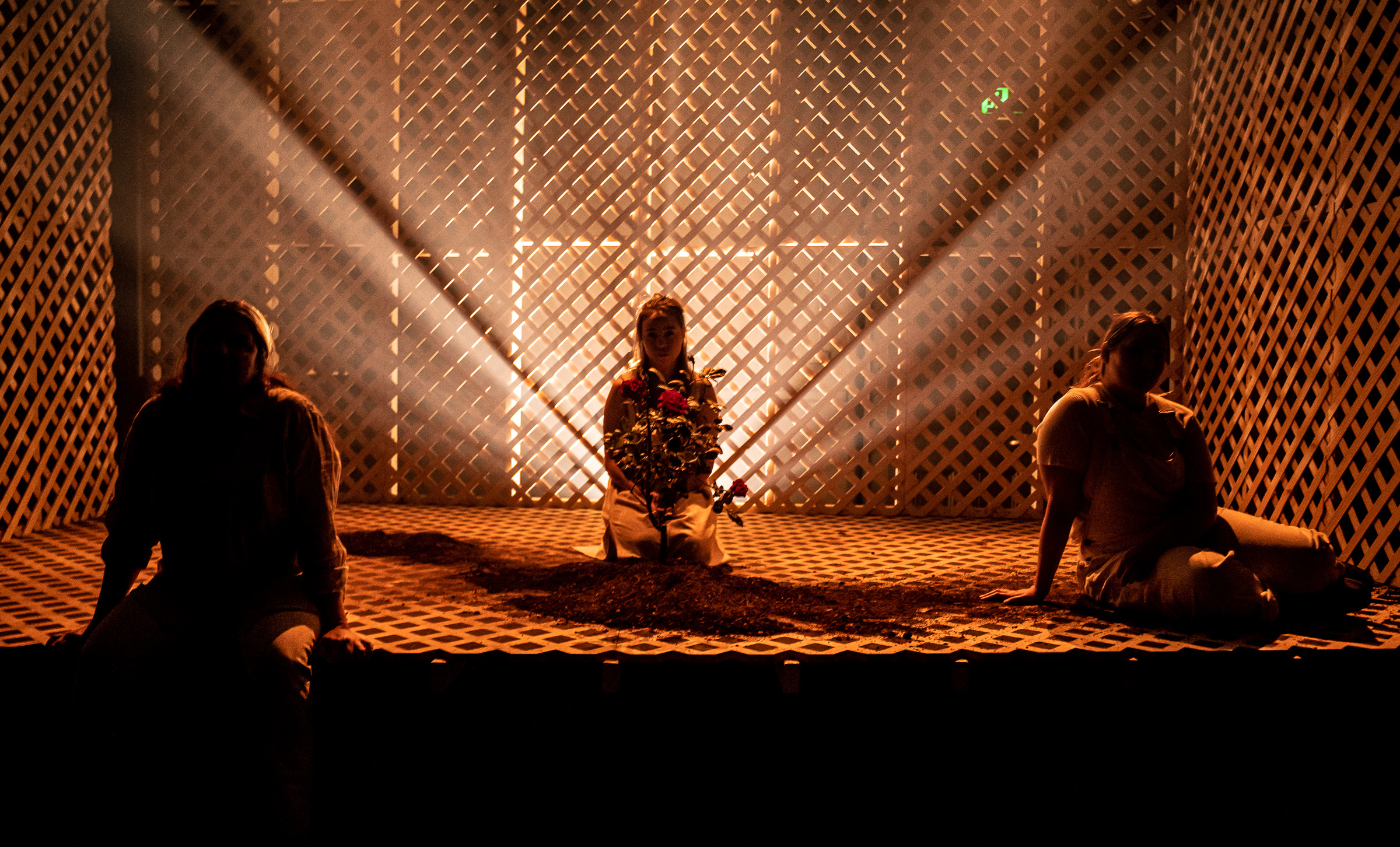
When audiences leave the theatre, what impact would you like the show to have had on them?
The power of this play lies in its ability to reflect our present world and selves back to us in a deeply compelling way, while, the language is dark and fiercely poetic, the characters are familiar, making The Bleeding Tree a very human story. It is a play that will have many lives beyond this production, and my hope is that one day it will no longer have to reflect the world we live in but tells the story of women who won.
This is an excerpt by Holly Ferguson. Read the full interview at Magazine 6000.
The Bleeding Tree is showing in the Studio Underground from 29 Apr - 14 May.
